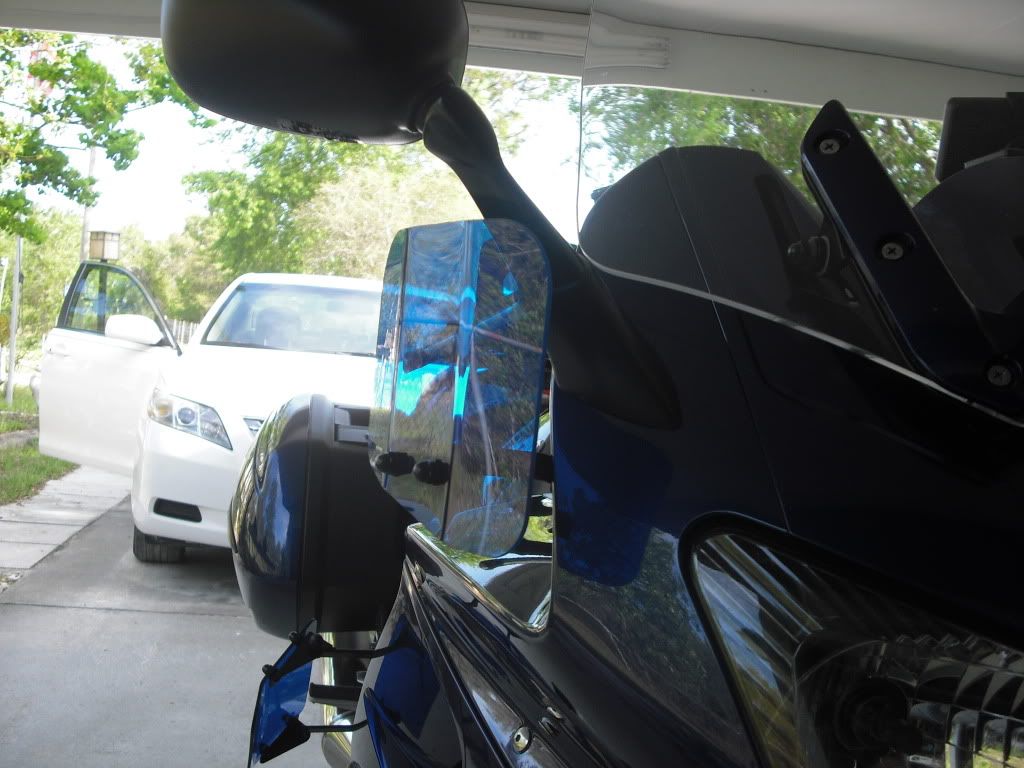FJR2011
Active member
Hi Guys,
I was reading the owners manual regarding gasoline and i am confused by what type i should use. It says "regular unleaded with a pump octane of 86 or higher", but then it also says "or a research octane number of 91 or higher"....so my question is; the Octane number indicated atthe pump is which ? all my buddies tell me to put the Super unleaded with the highest Octane...is that OK ?
Thanks for clarifying !
I was reading the owners manual regarding gasoline and i am confused by what type i should use. It says "regular unleaded with a pump octane of 86 or higher", but then it also says "or a research octane number of 91 or higher"....so my question is; the Octane number indicated atthe pump is which ? all my buddies tell me to put the Super unleaded with the highest Octane...is that OK ?
Thanks for clarifying !


































![fjackets Real Lambskin Leather Biker Jacket — Quilted Cafe Racer Zip Up Moto Leather Jackets For Men | [1100085] Johnson Brown, XL](https://m.media-amazon.com/images/I/41I7Pm1f+vL._SL500_.jpg)




























